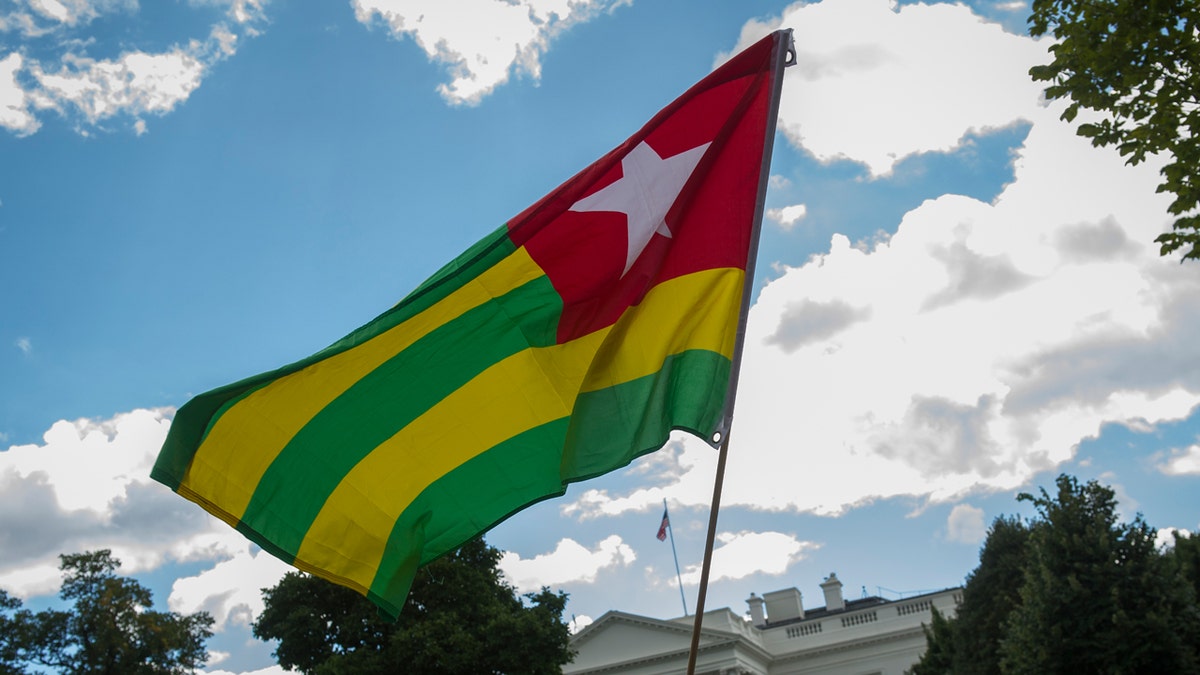Fox News Flash top headlines for March 27
Fox News Flash top headlines are here. Check out what's clicking on Foxnews.com.
- Demonstrators in Togo called Wednesday for protests against a new constitution that would prolong the reign of President Faure Gnassingbé.
- Adjustments to presidential term limits in the proposed constitution could keep Gnassingbé in office until 2031.
- Gnassingbé, widely regarded as a dictator, inherited the presidency after his father's death in 2005. The elder Gnassingbé had been in office since 1967.
Activists and opposition leaders in the West African country of Togo called on Wednesday for protests to stop the country's president from signing off on a new constitution that would scrap future presidential elections and could extend his decades-long rule until 2031.
The constitution, which was passed by the country's lawmakers earlier this week but now awaits President Faure Gnassingbe's final approval, grants parliament the power to choose the president, doing away with direct elections. This makes it likely that Gnassingbe would be reelected when his mandate expires in 2025.
However, some legal experts say the constitution actually restricts the power of future presidents as it introduces a one-term limit and hands over greater power to a figure similar to a prime minister.
BASSIROU DIOMAYE FAYE EMERGES AS SENEGAL'S NEXT PRESIDENT AFTER CONTENTIOUS ELECTION CYCLE
The constitution also extends presidential terms from five to six years but the almost 20-years that Gnassingbe has served in office, after taking over from his father, would not count towards that tally.

WASHINGTON, DISTRICT OF COLUMBIA, UNITED STATES - 2017/09/09: A Togo national flag seen in front of the White House. Protesters gather in front of the White House to protest against Togo's dictator Faure Gnassingbé. They demand fairness and openness in the upcoming election. (Photo by Rod Lamkey Jr/SOPA Images/LightRocket via Getty Images)
The opposition and the clergy say the legislation is an effort by Gnassingbe to prolong his rule, and have promised to stop it from becoming law by calling on the people to rise up and protest.
"We know that the struggle will be long and hard, but together with the Togolese people, we will do everything we can to prevent this constitutional coup d’état," said Eric Dupuy, a spokesman for the opposition National Alliance for Change party.
"We’re calling on the population to reject this, to oppose it massively," he added.
A group representing Togo's Catholic bishops said the parliament's mandate had expired in December ahead of the country's April 20 parliamentary elections and that the lawmakers had no right to adopt a new constitution.
The bishops urged Gnassingbe to delay signing off on the new constitution and instead engage in an inclusive political dialogue after next month's balloting.
"The Assembly has no power to revise a constitution," said Zeus Ajavon, a lecturer in Constitutional Law at the University of Lome. "The power to revise the constitution is vested in it during its term of office."
Ajavon also argued that a referendum was necessary for the country to adopt a new constitution.
CLICK HERE TO GET THE FOX NEWS APP
Togo, a nation of around 8 million people, has been ruled by same family for 57 years, initially by Eyadema Gnassingbe and subsequently by his son. Faure Gnassingbe has been in office since 2005 after winning elections that the opposition described as a sham.








































